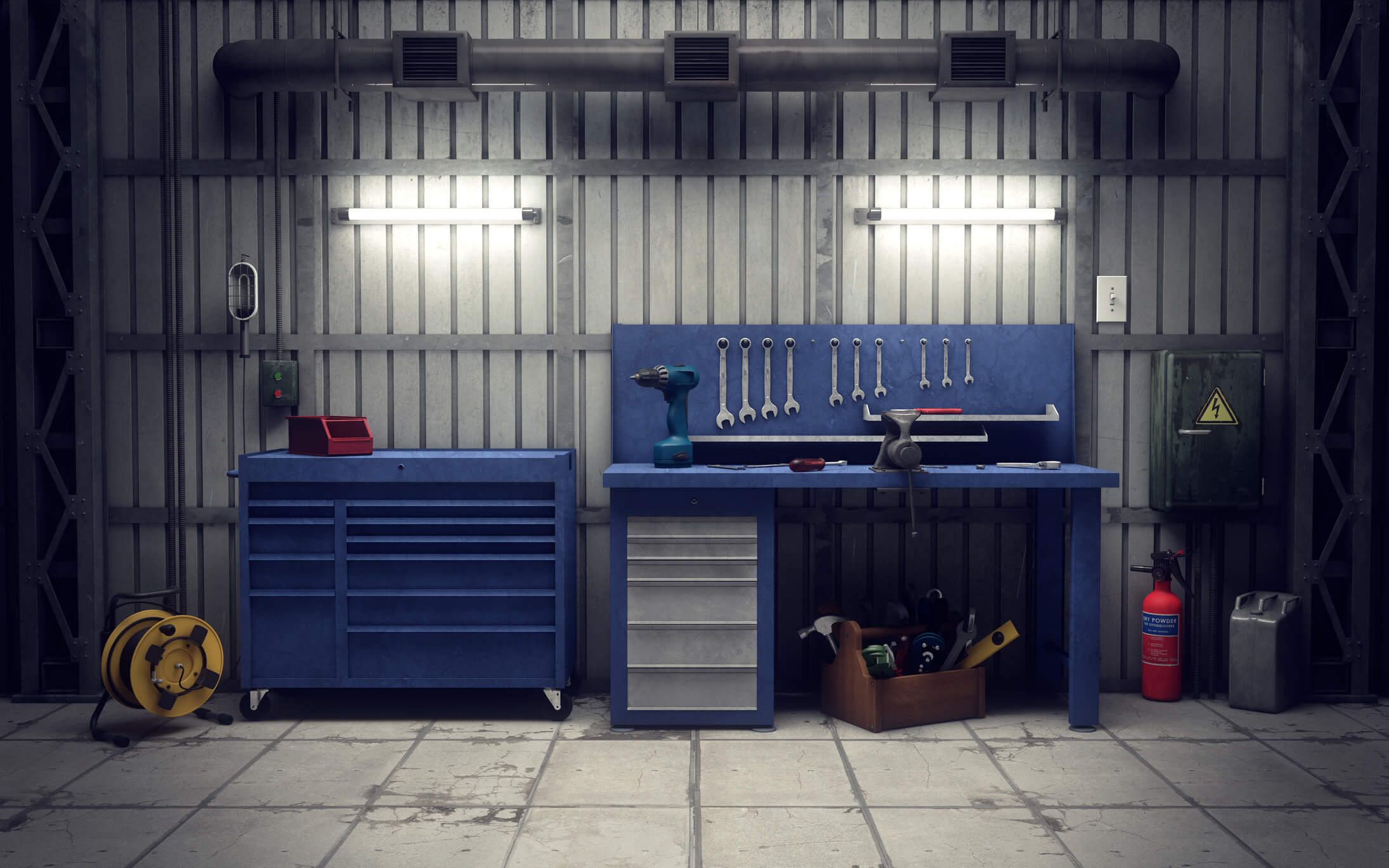
When it comes to running a mechanical workshop in Australia, compliance is non-negotiable. It keeps your team safe, your equipment running, and your business protected from costly penalties. From workplace safety to environmental responsibilities, understanding your obligations is key to building a resilient, professional operation.
Here’s a practical breakdown of what compliance means for your workshop, and how to stay on top of it without the overwhelm.
Key Compliance Areas
Australian mechanical workshops operate under a combination of national and state laws. The main areas to manage include Workplace Health and Safety (WHS), equipment maintenance, hazardous substances, environmental impact, and staff training.
Together, these standards are designed to ensure your workplace is safe, well-run, and legally sound. Ignoring them can lead to injuries, fines, or business disruption, so it’s worth getting them right from the ground up.
WHS Responsibilities
Workplace Health and Safety regulations, guided by Safe Work Australia and enforced by each state, require workshop owners to identify risks and actively reduce them. You need documented procedures for tasks that carry risk (like lifting, welding, or using chemicals), up-to-date Safety Data Sheets (SDS), and clear emergency protocols.
Training staff in these procedures and consulting with them about safety is essential. WHS isn’t just a legal checkbox, it’s how you create a culture that values safety and efficiency.
Equipment Maintenance
Your tools and machinery are the heart of your operation, but they’re also a source of potential danger. To remain compliant, all major equipment, such as hoists, compressors, and jacks, must be regularly serviced and maintained in accordance with Australian Standards, such as AS 2550.
Keep logbooks or digital records of inspections and repairs, and don’t wait until something breaks to take action. Preventative maintenance not only protects your workers, it also extends the life of your gear.
Managing Hazardous Substances
Workshops deal with oils, fuels, coolants, degreasers, and other hazardous substances daily. These must be stored in clearly labelled, bunded containers and kept in well-ventilated areas away from ignition sources. SDS must be available for every substance on site, and staff should be trained to handle and dispose of them properly.
Spill kits should be accessible and regularly checked, and disposal must be arranged through an EPA-licensed waste contractor. Managing chemicals properly protects your team and keeps you on the right side of the law.
Environmental Responsibilities
Workshops can have a significant environmental footprint. From waste fluid runoff to air and noise pollution, there are strict EPA guidelines to follow, varying slightly by state.
You’ll need to control stormwater contamination, manage waste oil through proper collection and disposal, and limit emissions where possible. Noise from compressors or grinding tools should be monitored and mitigated if it risks exceeding local thresholds.
Even if you’re a smaller operator, you may still need permits for certain activities or waste volumes. It’s your responsibility to check what applies.
Staff Training & Competency
No system or process matters if your team doesn’t understand it. That’s why training is a core part of compliance. New staff should be inducted into your WHS procedures from day one, with clear instructions on using tools and PPE, and on handling emergencies.
Ongoing training should be part of your calendar, not just a reaction to incidents or equipment changes. Keep a simple record of who’s been trained, when, and in what. That way, if an audit or accident occurs, you can demonstrate due diligence.
Internal Audits and Staying Up to Date
Compliance is not a one-time effort, it’s an ongoing process. Conducting regular internal audits helps you identify small issues before they become major risks. Walk through your workshop regularly, reviewing equipment records, SDS folders, signage, and emergency access.
Staying informed is equally important. Subscribe to updates from your local regulator (like SafeWork NSW or WorkSafe VIC), and consult with professionals if regulations change or you’re unsure about a specific issue.
Having someone responsible for compliance, whether internal or external, keeps it front of mind and ensures you’re not scrambling when a surprise inspection rolls in.
Conclusion
Compliance isn’t about red tape; it’s about creating a safer, smarter, and more resilient business. By staying across your responsibilities around safety, equipment, chemicals, and training, you not only protect your people and the environment, you protect your reputation and operations.
At HDR Workshops, we help workshop owners navigate compliance with confidence. Whether you need help with hoist servicing, team training, or safety procedures, we’re here to support you.

